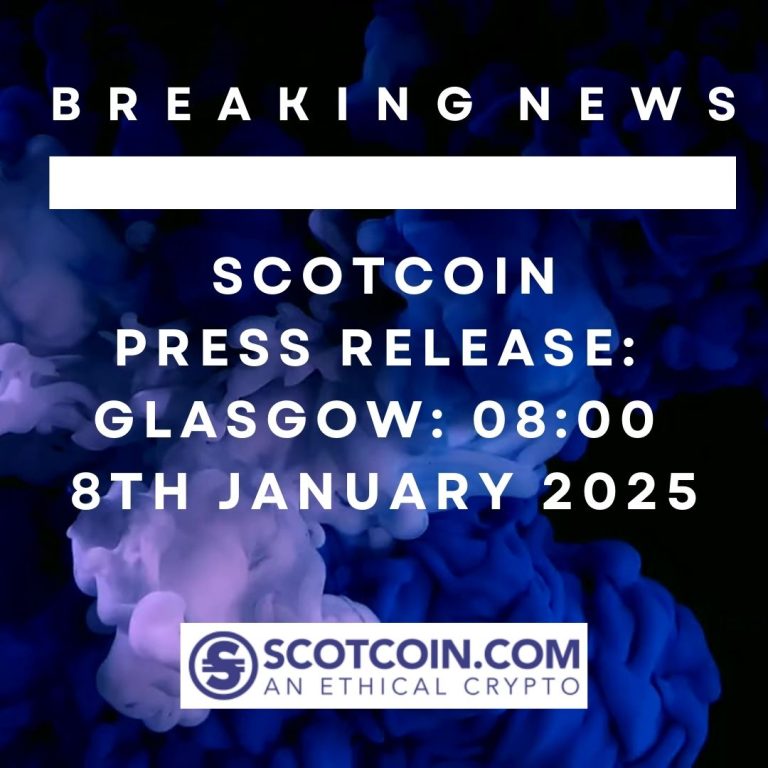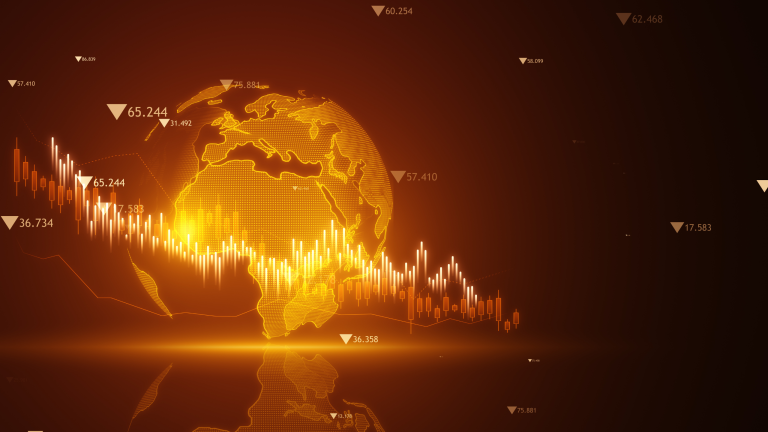BBC business had an article recently : “Blockchain: the revolution that hasn’t quite happened.”
https://www.bbc.com/news/business-51281233
The first thing about it is the timeline for blockchain as we know it and Bitcoin itself has only been around for ten years. In financial terms that’s nothing.
I have to say I think that sounds a bit smug and arrogant.
I like to start the talks I give now with a couple of questions to the audience.
A timeline for blockchain development
When was the first debit card issued?
And when was the first bank website put up? That’s website mind, not internet banking.
Questions Temple asks at blockchain presentations
A little history. Barclays was the first British bank to have adding machines in its branches. That was in 1914 – 106 years ago. It was 1961 before the first UK bank computer centre was set up – that was Barclays too. It took them thirteen years to set up two more centres and get every branch connected. THIRTEEN years more.
Barclaycard (first UK credit card) took until 1966 swiftly followed by the first cash machine in 1967. Thankfully, banks have been better at having women working for them and now something like 63% of all bank employees are women – a great result.
But think back to where this article started. That cash machine is over 50 years ago. And my little questions took even Barclays another 20 years (first debit card 1987) and another 8 to get to the website (1995). So the first internet, digital, bank website was a mere 25 years ago.
So to say the blockchain revolution hasn’t happened after a mere ten years seems to me incredibly short sighted and rather smug.
There are thousands of teams across the world working on blockchain solutions for different problems and slowly but surely they are making progress. Large IT projects require massive input of time, money and manpower, and that is happening.





